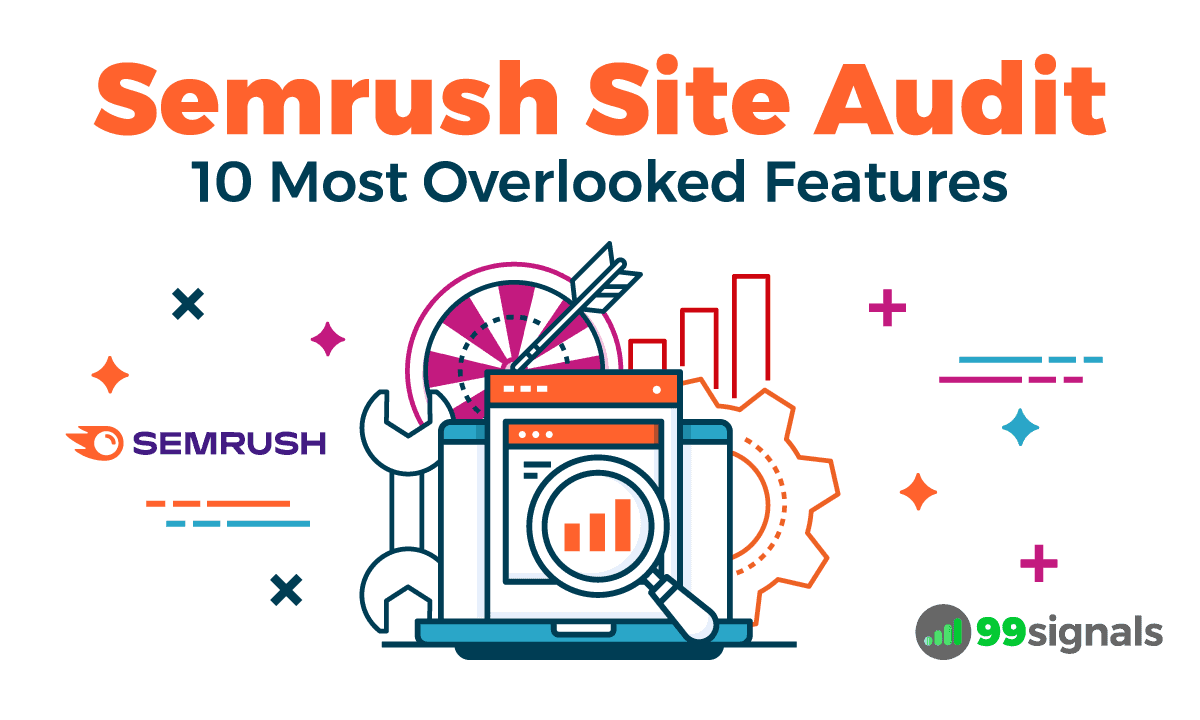A website is often a critical aspect of a business’s online presence. But simply having a website is not enough. To ensure your site reaches its full potential, search engine optimisation (SEO) is essential. However, SEO is not a one-time effort.
An ongoing strategy is necessary to maintain and improve your website’s search rankings, and at the heart of this is the comprehensive SEO audit.
Understanding SEO Audits
An SEO audit thoroughly examines a website’s technical and content-related components to evaluate how well they align with current SEO best practices.
It involves reviewing on-page SEO, off-page factors, technical infrastructure, user experience, and the quality of the content. For businesses targeting local markets, such as those in Sydney, Melbourne, or those needing SEO Perth services, audits become even more important.
A local SEO audit covers general optimisation principles and ensures that the website is tailored to rank well in local search results. This might involve optimising for location-based keywords, ensuring the site is listed accurately on Google My Business, and reviewing local backlinks.
Key Components of a Comprehensive SEO Audit
A complete SEO audit comprises several critical areas contributing to a website’s performance. Each aspect offers an opportunity to uncover potential issues and implement improvements that enhance your site’s search visibility and usability.
Technical SEO
Technical SEO focuses on the behind-the-scenes elements that affect a website’s ability to be crawled and indexed by search engines. One of the primary objectives of an SEO audit is to ensure that search engines can easily access your content. This includes reviewing the crawlability and indexability of your site. Search engines like Google use bots to crawl websites and store them in their index. If your website isn’t properly indexed, it won’t appear in search results.
Site architecture is another key factor. A well-organised structure makes navigating your site easier for users and search engines. An audit also reviews the XML sitemap and robots.txt file. These files inform search engines about which pages to crawl and index, and any misconfigurations can result in critical pages being excluded from search results. SSL certificates also play an important role, as Google now factors security into its rankings. Sites using HTTPS are seen as more trustworthy, which can positively influence rankings.
On-Page SEO
On-page SEO refers to elements on your website that you can control directly. During an audit, every page is reviewed to ensure that it has optimised title tags, meta descriptions, and proper use of keywords.
Title tags serve as the first impression for both users and search engines. They should be unique, concise, and include the main keyword for that page. Meta descriptions, while not directly impacting rankings, influence the click-through rate (CTR). A well-crafted meta description can entice users to click on your link, boosting traffic.
Keyword optimisation is another crucial factor. It’s not just about inserting keywords but also about using them naturally throughout the content. Pages stuffed with keywords can suffer penalties, whereas well-placed and relevant keywords will help search engines understand the content better. Header tags like H1, H2, and H3 are critical as they help organise the content and improve readability. An audit ensures that these tags are appropriately used to reflect the information hierarchy on a page.
Off-Page SEO
Off-page SEO revolves around the authority your site gains from external sources, mainly through backlinks. Search engines see a website with high-quality, relevant backlinks as authoritative and trustworthy, which can lead to improved rankings.
An SEO audit will assess your backlink profile, checking the quality and quantity of inbound links. Backlinks from authoritative, industry-related sites are the most valuable. On the other hand, links from spammy or irrelevant sites can do more harm than good, leading to penalties or a drop in rankings. Anchor text also plays a role in off-page SEO, as the words used in the links should be diverse and naturally reflect the content.
Content Quality
The quality of your website’s content plays a significant role in SEO. An audit helps evaluate your content’s relevance, depth, and uniqueness. Search engines aim to provide users with the most valuable and authoritative information, so content that is outdated or lacking depth will perform poorly.
One of the critical aspects of a content audit is identifying content gaps. Are there topics within your industry or niche that you haven’t covered? Filling these gaps increases your chances of ranking for additional keywords and establishes your website as a comprehensive resource in your field. Additionally, the audit checks for duplicate content, which can confuse search engines and dilute your authority.
User Experience (UX)
User experience (UX) is now a significant ranking factor, with search engines prioritising websites that offer seamless navigation, fast load times, and mobile responsiveness.
An audit examines these aspects to ensure visitors have a positive experience on your site. If users find your website a struggle to navigate in or if it takes too long to load, they are most likely to get off quickly, which increases your bounce rate—a signal to search engines that your site may not be providing value.
Page load speed is one of the most important UX factors. Websites that load slowly are penalised in search rankings, and with tools like Google PageSpeed Insights, you can measure your site’s load times and identify areas for improvement. Mobile optimization is equally crucial. As more users access websites via mobile devices, ensuring your site is responsive can improve your rankings and user satisfaction.
Final Words
A comprehensive SEO audit is a powerful tool for optimising your website. Analysing everything from technical issues to content quality and user experience can help you uncover opportunities for improvement and stay ahead of the competition. Regular audits ensure that your site remains aligned with search engine algorithms and continues to perform well in the dynamic world of online marketing.





